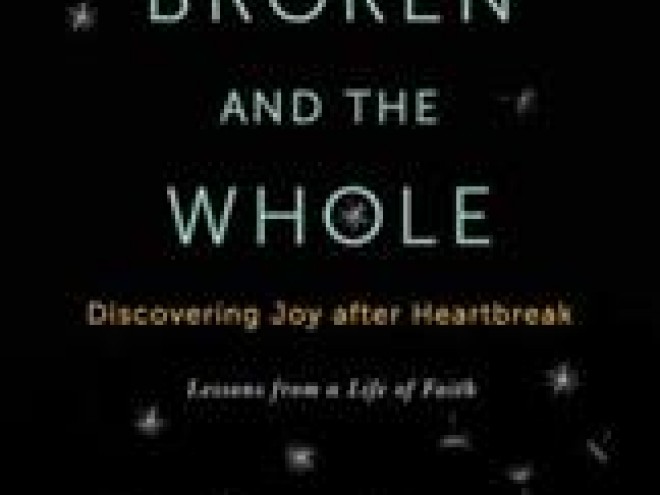In his new book The Broken and the Whole: Discovering Joy After Heartbreak, Rabbi Charles S. Sherman tells his story of how being the father to a son who experienced a traumatic stroke changed his life. More than only recounting the myriad challenges he and his family have faced in caring for Eyal over the past decades, Rabbi Sherman describes how Eyal’s health and related disabilities and needs set him on a journey of self-discovery and spiritual exploration that he had never anticipated.
Rabbi Sherman’s book benefits tremendously from its long-term perspective. His reflections are all the richer for the contemplation that has clearly happened over time. This is most profoundly illustrated in the sections where he grapples with the reality of his son as an adult and his own relationships with his wife and four other children. As his story unfolds over twenty-plus years, Rabbi Sherman avoids a dramatic sense of both triumphalism and desolation, allowing him to focus on the changes in perception that come with maturity and self-awareness.
The book is structured topically, rather than chronologically. While this makes it slightly more difficult to string together the narrative of Rabbi Sherman’s story, it allows him to present traditional Jewish teachings and sources that spoke directly to him at particular times. In this context, they are sources of personal hope, comfort, meaning, and connection rather than remote lessons. In this structure Rabbi Sherman maintains the delicate balance between his voice as husband and father and his voice as rabbi, which is essential, as his experience of reaching out to people as an authority figure sometimes threatens to overwhelm his more confidential tone.
Furthermore, this organization strategy allows the reader to pick out the sections that he or she may be best able to relate to, expanding the message far beyond those who struggle with their roles as caregivers or are living in the aftermath of a medical emergency. Instead of a tome of religious platitudes, this book is an example of sometimes hard won humility and faith that speaks to the human experience of struggling to accept life circumstances that are not necessarily of our choosing.



